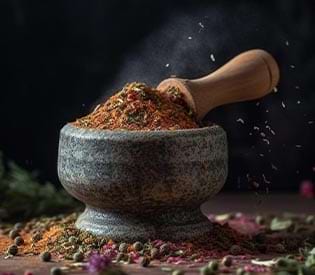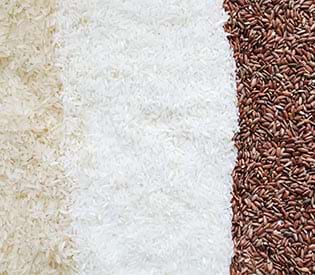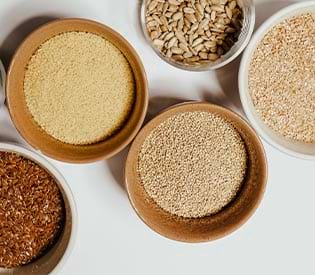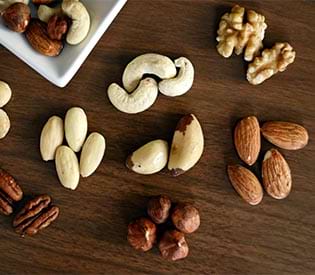Mastic Gum
📦🚚 Fast & Free shipping on all orders
What is mastic gum?
Resin-mastic gum is a byproduct of the Pistacia lentiscus plant. The Mediterranean sea border is where this tree is most prevalent, specifically in the southern region of the Greek island of Chios. Mastic gum is initially secreted as a clear colloidal liquid; within fifteen to twenty days, it solidifies into tear-like structures.
The resin then descends to the ground beneath the tree, where humans gather it and further process it before packaging and use. Upon being swallowed, the resin transforms into an opaque, brilliant white gum. Initially astringent, the gum progressively imparts a revitalizing aroma reminiscent of pine or cedar. A prevalent herbal remedy for gastric and intestinal issues is gum.
How do I use mastic gum?
Mastic gum (capsules, sachets) should be taken without food. Generally, it is advised to do so 30 minutes prior to supper. We recommend consuming the capsules with copious amounts of water. Masticlife capsules are made using HPMC vegan standard capsules.
Mastic gum benefits:
Mastic gum might be beneficial for specific digestive issues. For instance, one study discovered that the use of mastic gum alleviated specific types of dyspepsia and abdominal distress. Aside from anxiety-induced stomach pain, they experienced less stomach pain overall. They reported less indigestion as well.
◉ It may help relieve digestive issues: According to a 2005 paper, mastic gum may be used to reduce inflammation, pain, and discomfort in the abdomen. The anti-inflammatory and antioxidant properties of mastic gum may contribute to its beneficial effects on digestion. To discover more about the precise processes by which mastic gum functions, additional investigation is required.
◉ It may help treat ulcers: Peptic ulcerations may result from H. pylori infections. According to earlier studies, mastic gum's antibacterial qualities may combat the H. pylori bacterium as well as six other bacteria that cause ulcers. These moderate antisecretory, cytoprotective, and antibacterial qualities may explain why mastic gum can combat the H. pylori bacterium and other ulcer-causing bacteria.
Researchers discovered that mastic gum suppressed bacterial growth at concentrations as low as 1 mg daily. More investigation is still required to understand these characteristics fully and evaluate their effectiveness.
◉ It may help lower cholesterol: A research study conducted in 2016 discovered that chewing gum helps lower cholesterol. The overall cholesterol levels of participants who took mastic gum for eight weeks were lower than those of the placebo group.
Additionally, those who chewed mastic gum suffered from decreased blood sugar. There is sometimes a correlation between elevated cholesterol and glucose levels. Additionally, the researchers discovered that those who were overweight or obese benefited more from mastic gum. However, further investigation with a bigger sample size is required to ascertain the potential effectiveness.
◉ It helps promote overall liver health: Mastic gum may be useful in preventing liver damage, according to 2007 research. Over the course of 18 months, those who consumed 5 g of mastic gum powder had reduced levels of liver enzymes associated with liver damage compared to those who did not. Researchers are still studying the hepatoprotective properties of mastic gum. Using it as an anti-inflammatory in mice led to successful liver protection, according to more recent research.
Where can I buy mastic gum?
Buy mastic gum from the health food store in the USA, Alive Herbals.
Mastic gum information (at a glance):
| Product Name | Mastic Gum. |
| Scientific Name | Pistacia lentiscus. |
| Country of Origin | It is native to Greek. |
| Ingredient | Mastic Gum. |
| Taste & Aroma | a strong woody-fruity aroma and sweet taste. |
| Shelf Life & Storage | Shelf life is about 06 - 24 months. Store Astragalus root powder in an airtight container in a cool, dry place and prevent sunlight exposure. |
| Precautions | We requested you, Before consuming spices, herbs, teas or any kind of natural products you consult an expert qualified healthcare practitioner or herbalist. |
| Note | This product information has not been appraised by the Food and Drug Administration (FDA). This information is solely intended for educational purposes. |







